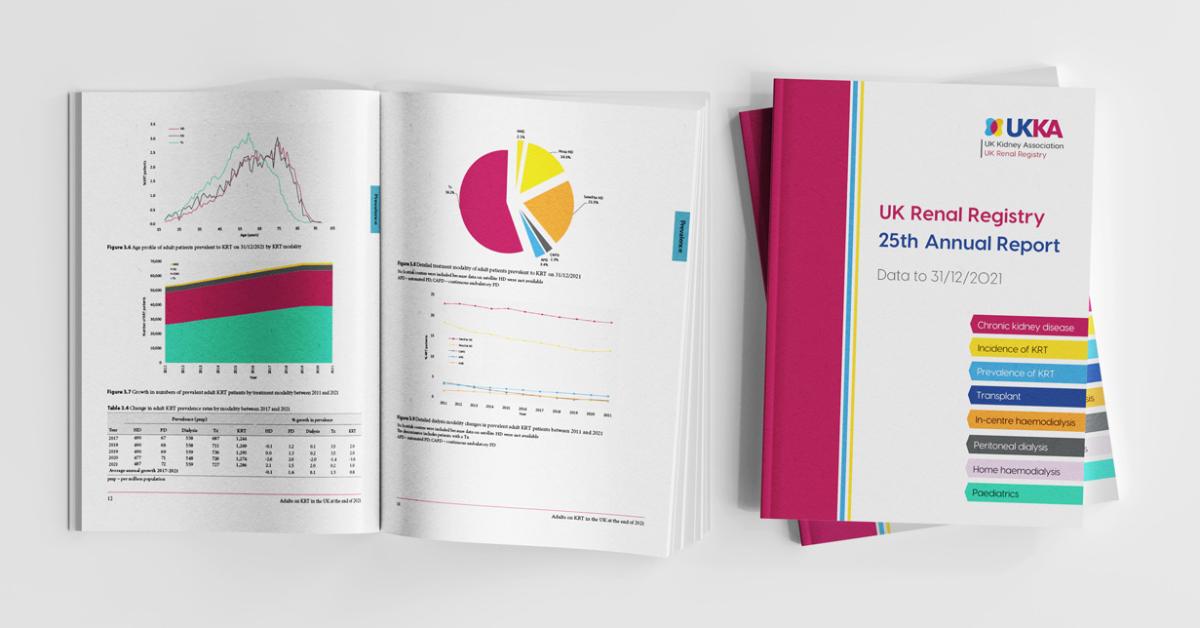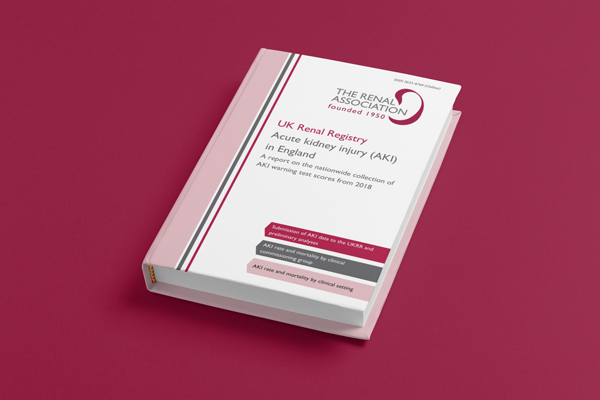Patients with an eGFR >60 ml/min/1.73m2 should not be classified as having CKD unless there are other markers of kidney disease present.
Markers of kidney disease which may be present include:
- Proteinuria
- Haematuria (of presumed or proven renal origin)
- Structural abnormalities (e.g. reflux nephropathy, renal dysgenesis, medullary sponge kidney)
- A known diagnosis of a genetic kidney disease (e.g. polycystic kidney disease)
- Abnormalities detected by examination of renal histology
- Electrolyte abnormalities due to renal tubular disorders
- History of kidney transplantation
Patients with markers of kidney disease and an eGFR >90 ml/min/1.73m2 are classified as stage G1 and those with an eGFR 60-90 ml/min/1.73m2 as stage G2.
Importantly, patients with an eGFR >60 ml/min/1.73m2 and no other markers of kidney disease should be considered as having normal renal function and not labelled as having CKD.
For more information on how eGFR is calculated and some of the pitfalls to be aware of when interpreting values, see About eGFR.



